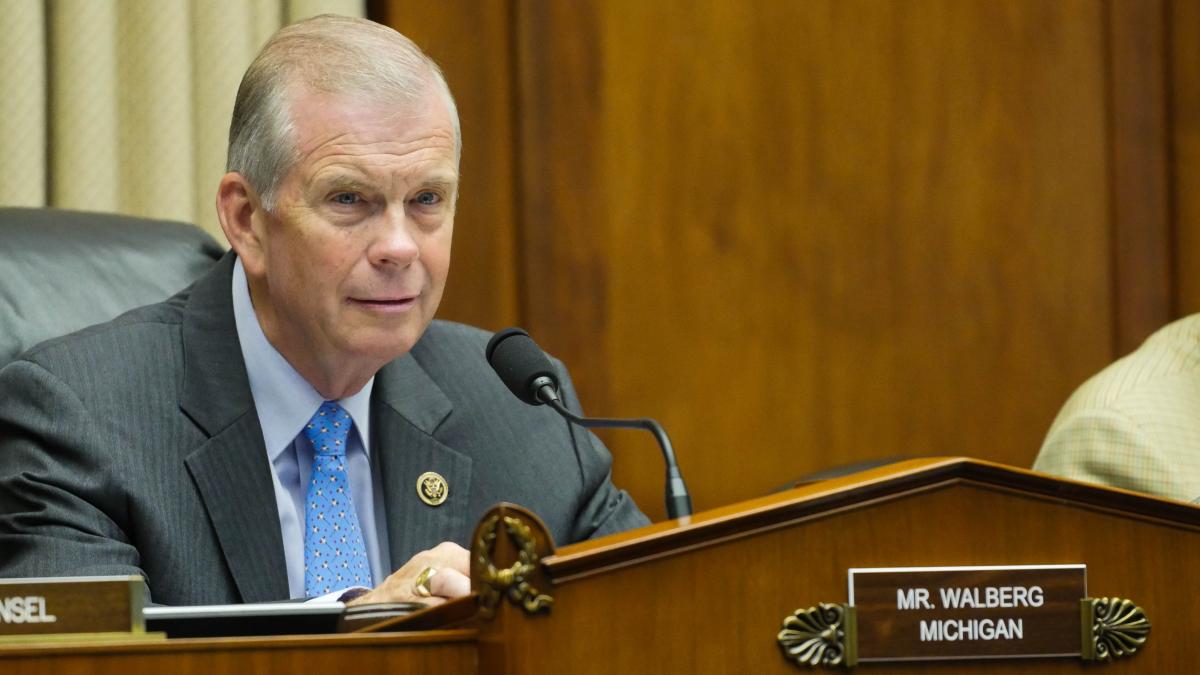Walberg and Rush Introduce Energy Emergency Leadership Act

WASHINGTON — Today, U.S. Representatives Tim Walberg (R-Mich.) and Bobby L. Rush (D-Ill.) introduced H.R. 362, the Energy Emergency Leadership Act. This bipartisan piece of legislation passed the House Committee on Energy and Commerce in the 115th Congress with overwhelming support from Members on both sides of the aisle.
This legislation would amend the Department of Energy Organization Act to require the Secretary of the Department of Energy to assign energy emergency and energy security functions to an Assistant Secretary, including responsibilities with respect to infrastructure and cybersecurity.
"I'm pleased to work with Chairman Rush on these bipartisan reforms to strengthen America's cyber defense and emergency response capabilities in the energy sector," said Walberg. "In the digital age, protecting our nation's electric infrastructure is more important than ever. Our legislation recognizes the importance of cybersecurity and modernizes the Department of Energy to more effectively respond to these 21st century realities."
"I want to thank Rep. Walberg for his leadership on this issue, we are committed to working in a bipartisan way to address the critical concerns facing our nation. This legislation will go a long way in helping to protect the nation's electric infrastructure from hackers who would attempt to disrupt our energy grid and cause untold harm to our economy, our daily lives, and to our overall national security. While we have not yet seen widespread outages due to cyber-attacks on our electric grid, it is imperative that we take proactive steps to mitigate the risk of these types of attacks, to the maximum extent possible and Energy Emergency Leadership Act will help in achieving that objective," said Rush.
The Department of Energy's emergency functions have long been oriented around oil supply shocks, despite new threats, and are not clearly identified as core functions, which can be problematic for department leadership, management, and coordination on these issues, especially with increasing cybersecurity threats. This legislation would help elevate energy emergency and cybersecurity responsibilities as a core function for the Department.